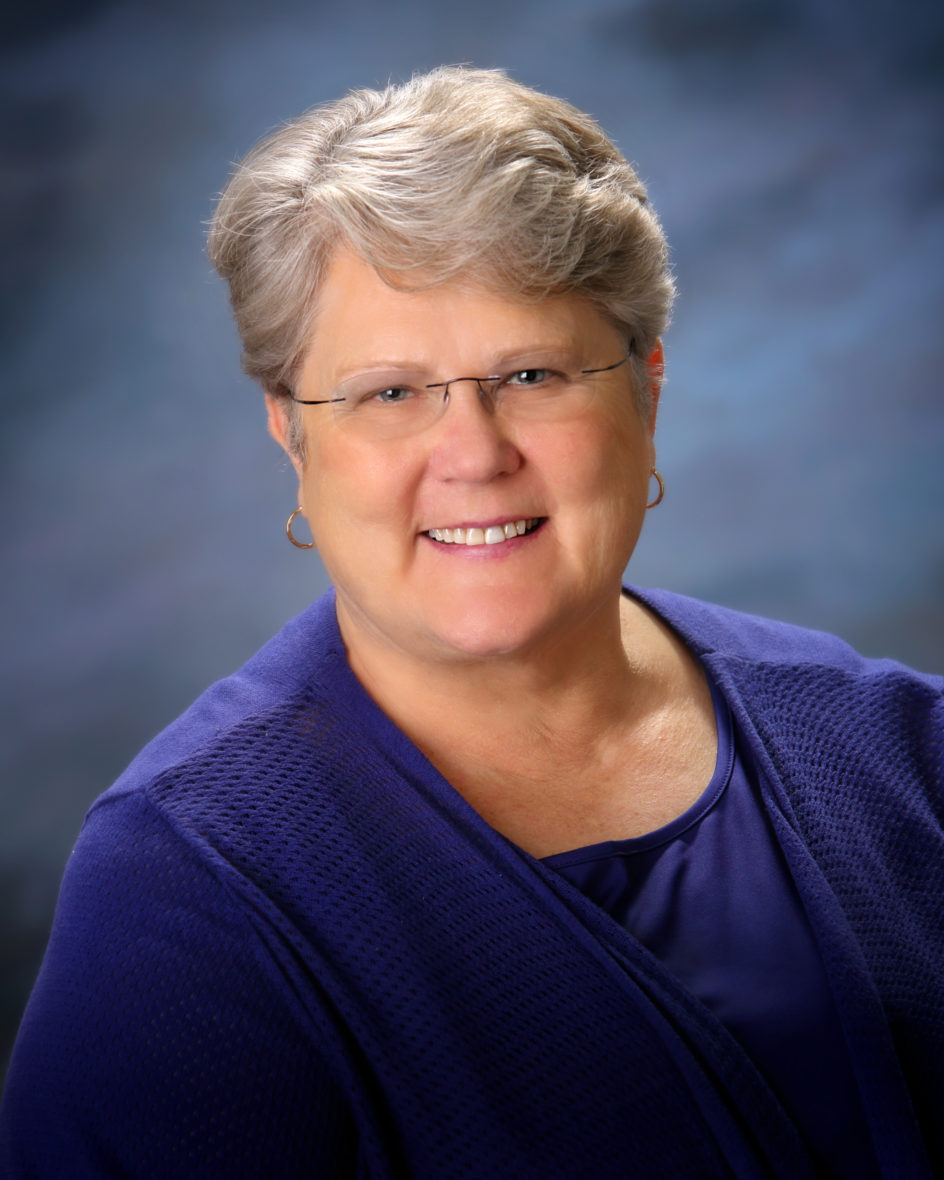As the leaders of Gov. Butch Otter’s higher education task force took their case to the Senate Education Committee Tuesday, co-chair Bob Lokken worked in a few less-than-subtle digs at some critics.
While Lokken didn’t single out Boise State University President Bob Kustra by name — or gubernatorial candidate and U.S. Rep. Raul Labrador — the subtext was clear.
Kustra has questioned a controversial idea that has emerged from the task force’s work — creating a “CEO” to scrutinize the higher education system and look for ways to streamline administrative costs. Lokken took pains to point out that the task force — a 36-member group including university presidents, State Board of Education members and six legislators — agreed unanimously on the importance of streamlining.
“We were very clear and very unanimous that the destination was extremely important,” Lokken told senators.
And Lokken bristled at the criticism surrounding the $200,000-a-year “chief education officer” position. None of the major gubernatorial candidates have signed onto the Otter CEO proposal, as Idaho Education News first reported Tuesday. Labrador accused Otter of trying to grow government — a phrase that seemed very much on Lokken’s mind Tuesday afternoon.
“It is just the opposite,” Lokken said. “It is a recommendation to find efficiencies within the system.”
The verbal jabs come as the Legislature starts to focus its attention on the CEO proposal.
It’s a two-part process. The budget-writing Joint Finance-Appropriations Committee will have to decide whether to fund the proposal; Otter wants $500,000 in one-time consulting costs, and $269,500 in salaries and benefits for the newly hired CEO. But the House and Senate education committees will have to look at a bill to create the position.
But based on some of the questions in Senate Education Tuesday, committee members have qualms about the idea — and not unlike the questions that came up in JFAC a week ago.
Sen. Jim Guthrie, R-McCammon, said it’s unclear what the new job will look like — and he said legislators might have to put up money first, and then see the details later.
“You’re asking for a tremendous leap of faith,” he said.
Sen. Cherie Buckner-Webb questioned the rollout. She said it makes some sense to hire a consultant, but she wonders about hiring a CEO at the same time the state is looking to replace Kustra and two other university presidents.

Task force co-chair and State Board President Linda Clark defended the timetable. She said the board would hope to get a consultant working quickly, but she said it could take months to find a qualified CEO.
“We don’t think we have the luxury of waiting for a year,” she said.
While the debate surrounding the CEO proposal appears to be ratcheting up, the co-chairs tried to reinforce a familiar theme. Since Idaho has made scant process on its “60 percent” postsecondary goal, the state has to figure out ways to move money into scholarships, digital learning and other programs to help get more students into the higher education system. But restructuring the higher education system will be a huge undertaking.
“We’re not just hiring a guy with a six gun to shoot up the place,” Clark said.
House Education slogs through rules
In a warmup of sorts for later in the week, the House Education Committee spent Tuesday morning drilling down on the fine details of agency rules.
In the end, the committee voted to make only one substantive change. Lawmakers struck down language in one rule that would allow high school students to opt out of their senior project requirement — provided they hold a postsecondary degree or certificate, or complete an internship. Some committee members said they were uneasy about weakening the senior project requirement.
That leaves House Education in conflict with the Senate Education Committee, which approved this rule in full. Generally, if a rule passes one education committee, it is adopted and carries the force of law.
House Education debate a second rule, a lengthy set of standards for career-technical education courses, but held off on voting until a later date. This rule is also pending in Senate Education.
On Thursday and Friday, House Education will take up the most closely watched education rule of the 2018 session: another attempt at updating Idaho’s science standards. The 2017 Legislature approved temporary science standards, after removing references to climate change. The State Department of Education has proposed a rewrite.
More reading: Bob Lokken defends the CEO proposal in a recent guest opinion.
